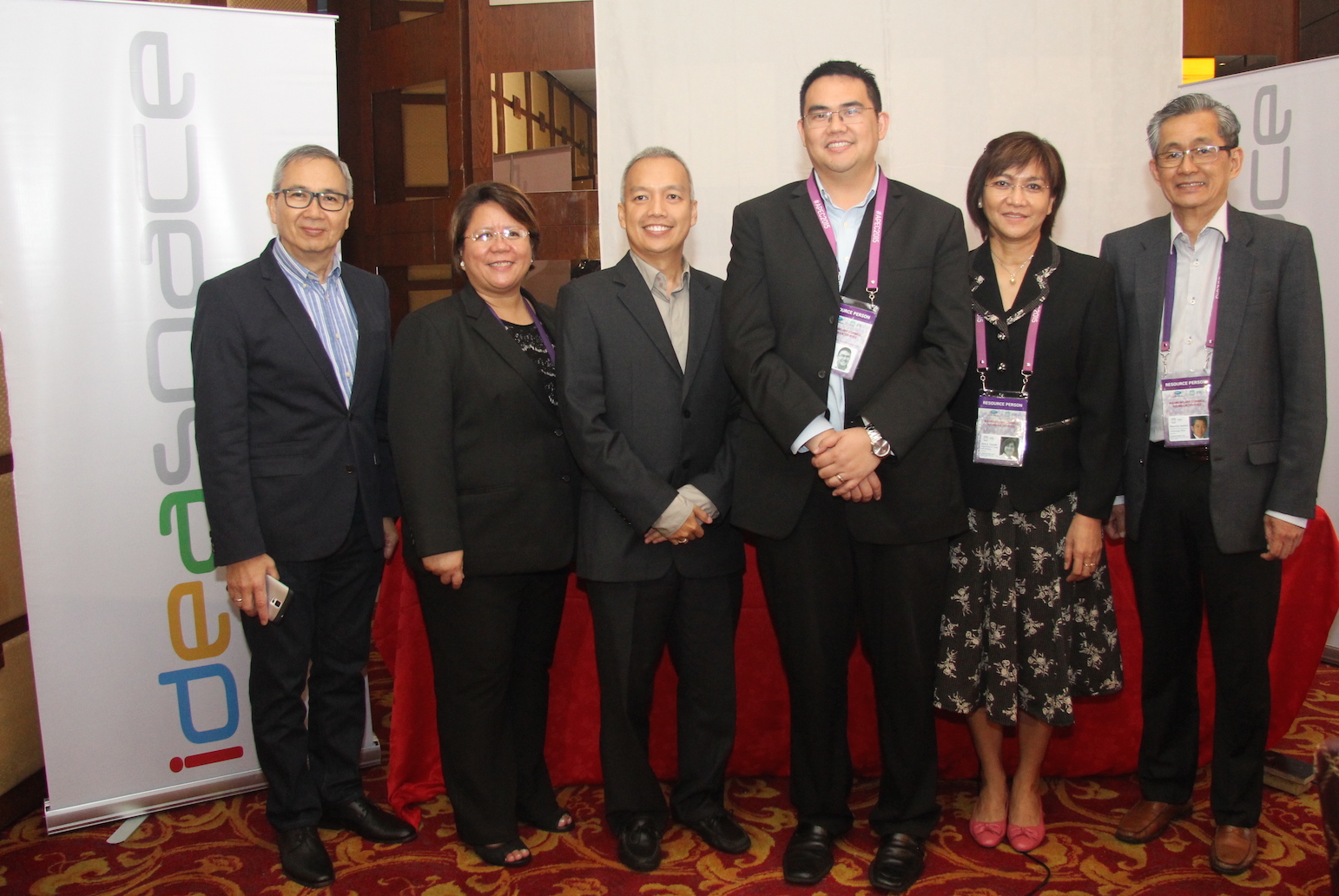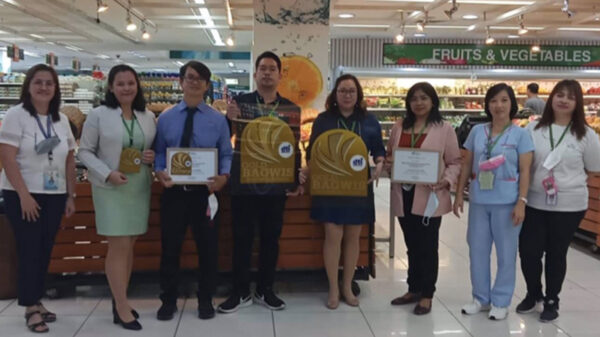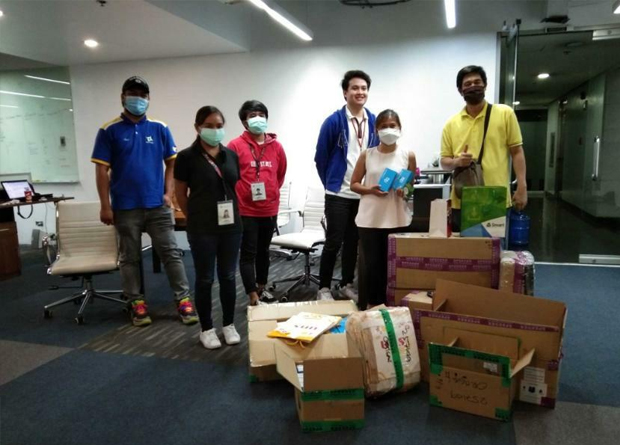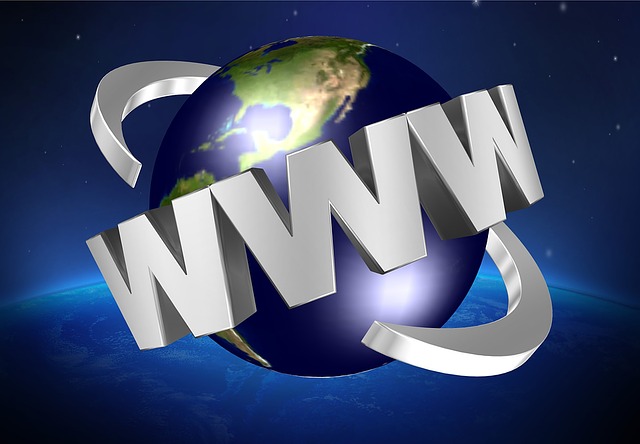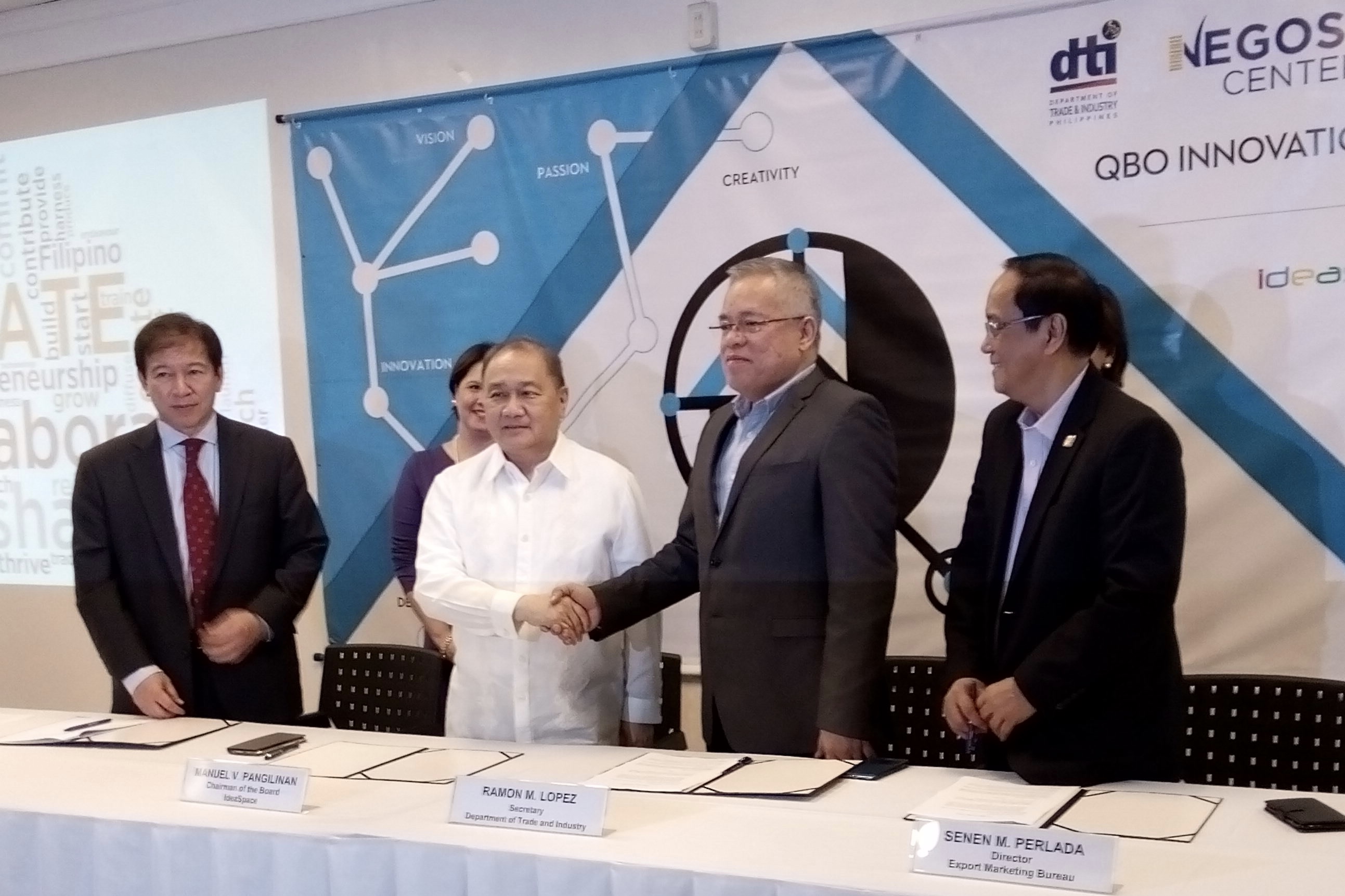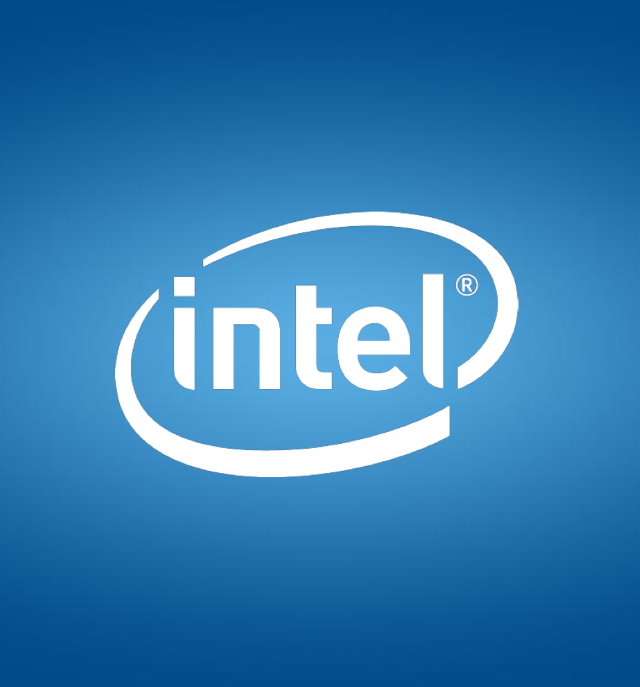The Philippines will soon have its own version of Silicon Valley as the government, through the Department of Science and Technology (DOST), the Department of Trade and Industry (DTI) and the Information and Communications Technology Office (ICTO), is collaborating with IdeaSpace Foundation to construct national innovation hubs which aim to foster advancement of technology and innovation in the country.
To be put up in Palacio del Gobernador in Intramuros, Manila and in the National Engineering Center at the University of the Philippines in Quezon City, the creation of the innovation hubs is the result of the first-ever public-private partnership (PPP) that focuses on growing the local innovation ecosystem with critical support from the government, the academe, and the private sector.
“When we founded IdeaSpace in 2012, we wanted to find the next big innovative idea that will change the world, and to create a startup ecosystem that embodies the Silicon Valley mindset of using technology and science to create massive change in the world,” said Earl Martin Valencia, President and Co-Founder at IdeaSpace.
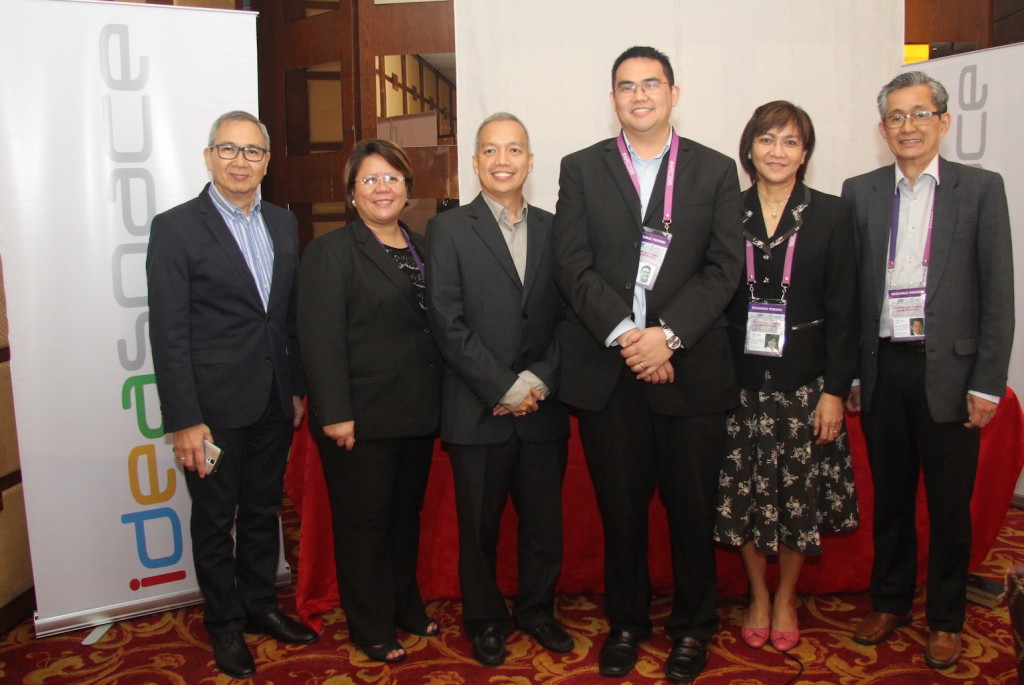
COLLABORATING FOR THE PHILIPPINES’ OWN INNOVATION HUB. (From left) Smart Communications Public Affairs Head Ramon Isberto, Department of Science and Technology Usec. Rowena Guevarra, UP Technology Transfer and Business Development Office (TTBDO) Director Dr. Luis Sison, IdeaSpace President and Co-Founder Earl Martin Valencia, Department of Trade and Industry Usec. Nora Terrado, and Information and Communications Technology Office Deputy Executive Director Monchito Ibrahim.
“Today we realize the dream to create Philippines’ own innovation hub with our initial collaboration with the government and the academe where startups and high-potential research can get the support they need in order to grow and thrive,” Valencia added.
The government, together with the private sector, has committed to fund the creation, equipment and operations of innovation hubs. The DOST has alloted a grant of Php35-million, along with the private sector which will contribute Php10-million, and UP which will provide Php5-million as infrastructure and service counterpart fund.
Valencia said the project cost is currently estimated to range starting from P20-million to P30-million.
Although there are funds allocated for the project, IdeaSpace, as a private sector enabler, is still looking for innovators, like large corporations, who can partner with them and take part in the innovation.
Both the Manila and UP Diliman hub projects will start by August this year. The creation of physical structure will start first for Manila hub this year while for UP hub, it will be at the beginning of next year.
When asked about the timeline, Valencia said their target is to have at least something up and running in some form and shape by the end of the year, one that is already functional.
DTI Undersecretary Nora Terrado noted that the DTI also committed to fund the setting up of a fabrication laboratory; and the Negosyo Center to allow for new businesses to have an ease in doing business. In this respect, DTI will provide money or resources relative to commercialization of a particular idea when it is ready for the market.
On the part of ICTO, Monchito Ibrahim, Deputy Executive Director at ICTO, said its activity is more focused on advocacy especially on the countryside trying to build a healthy pipeline of technopreneurs. It will also do workshops to create a new mindset of technopreneurship.
Philippine Startup Roadmap 2020
Moreover, the ICTO is currently working on the Philippine Startup Roadmap 2020 in collaboration with the Philippine Startup Roundtable, to develop the Philippine startup ecosystem that will position the country to become a leading hub for digital startups.
For the first year of operations, the hub is looking for five startups. The UP hub, which has an existing ecosystem, is looking to spin off 12 startups for a year.
Intramuros and the UP Diliman area were chosen as the hub sites because of its attractive locations. There’s a density of students and universities in the vicinity of the Manila hub including the Pamantasan ng Lungsod ng Maynila, Colegio de San Juan de Letran, the Lyceum of the Philippines and the Mapua Institute of Technology. Around the UP site are University of the Philippines and Ateneo de Manila University.
Valencia said it is critical to locate the innovation hubs near key academic institutions to imbibe the spirit of innovative and entrepreneurial thinking among students to tap into a wellspring of engineering and technology talent from these universities as well as to address the growing interest of students in founding their own startups – the way the likes of Stanford University has fostered the same environment for notable startups in Silicon Valley.
Ignite economic growth
Terrado said the innovation hub, which is fully supported of entrepreneurship and innovation in the country, is a way or a means to ignite economic growth that is fully inclusive. Aside from being a key element in creating an innovation culture for the young generation in the future, innovation hubs can create solutions to solve the social and environmental problems of the country.
For her part, DOST Undersecretary for S&T Services Dr. Rowena Cristina Guevarra said that innovation hub encourages innovative and entrepreneurial spirit among academic institutions, in partnership with the private sector. It also serves not only as a hub for startups but also a strategic focal point for Technology Transfer Office (TTO) of the DOST and academic institutions to promote products and facilitate transfer of their R&D results, and establish connections with the investment community.
“With the help of academic institutions that can provide appropriate knowledge, and other private companies, venture capitalists and our government, we can successfully put up this innovation hub that would provide our country with entrepreneurs, startup potentials, high-potential research and access to the support which is very much needed to grow and thrive,” said Guevarra.
Dr. Luis Sison of the UP Technology Transfer and Business Development Office mentioned that innovation hub could be both the first mile and last mile of innovation. The first mile is when we start to look for prominence, trying to identify the people who need help in the industry and how their needs can be addressed by technology. The last mile is when after we have done our work in the lab, we validate our functions on the technology and how these will perform in the market. Then, we assemble stakeholders that would facilitate the adoption of technology in the industry.
The putting up of innovation hub is considered a critical component in the drive to boost the Philippines’ ranking in the Digital Evolution Index (DEI), which ranks countries in terms of their readiness for a faster expanding digital economy. Recent DEI study placed Philippines alongside China, Malaysia, Thailand and Vietnam as one of the rapidly advancing countries in the global topography.
In every innovation ecosystem, the people, ideas, and technology are very important according to Valencia. However, there are other factors that have to go together to have a potential in creating an innovation district in the Philippines. And these include a technology-led university, large corporate support, government incentives, attractive locations, and entrepreneurs.
Valencia also mentioned that an innovation hub should have the following elements: indoor café and meeting space, coworking space for innovative teams, prototyping laboratory, and an events hall for classes and capacity building.





















































































